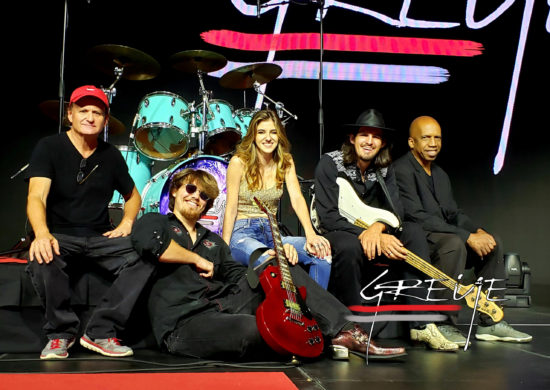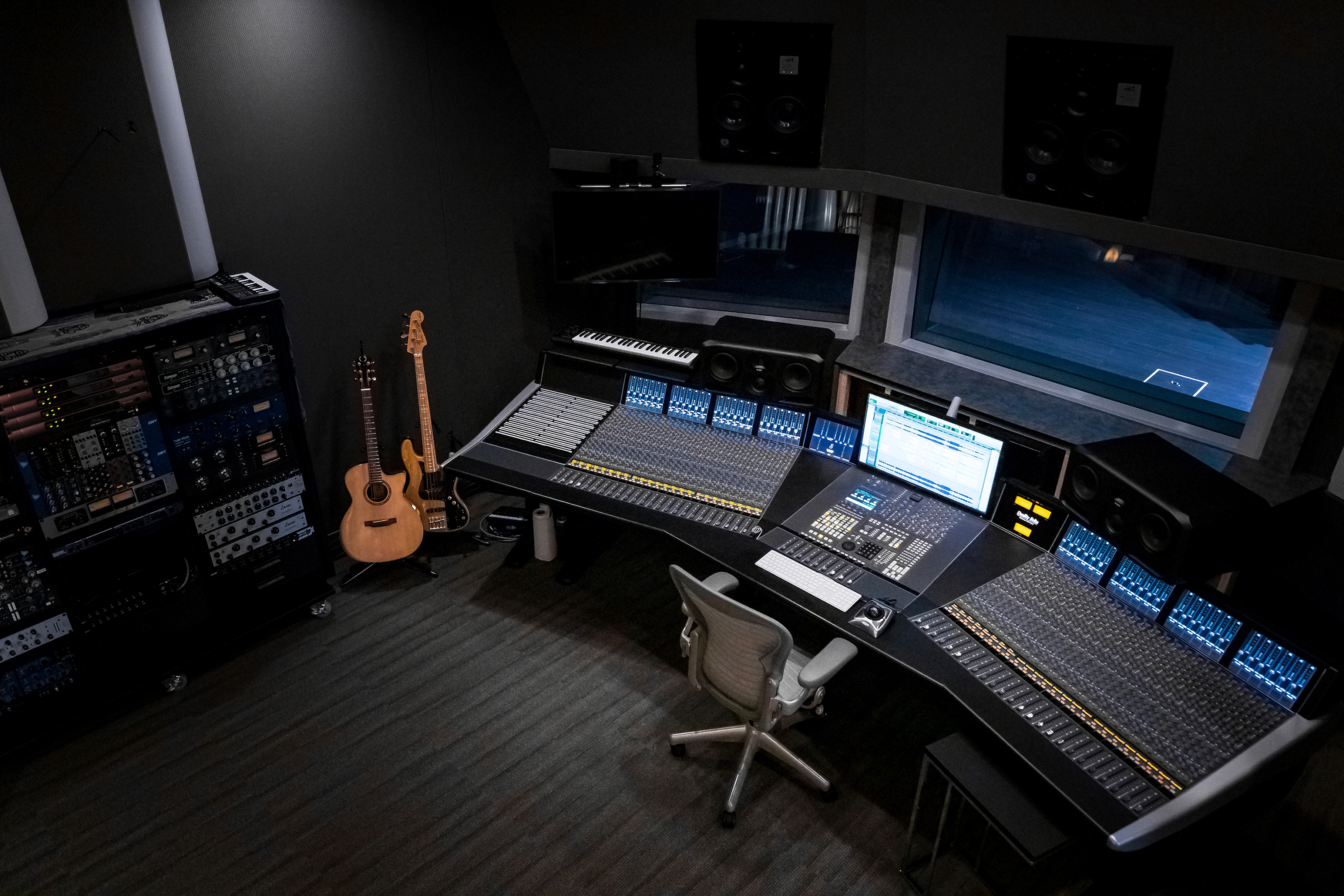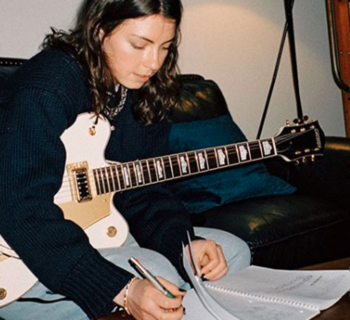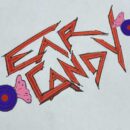Greye has been producing records since our inception in 2013, and while we certainly don’t claim to be experts, we have definitely learned a great deal over the years through both trial and error and constant self-evaluation. By fostering a good creative environment, maintaining good communication habits, and taking advantage of every resource available to us, we have managed to nail down a process for producing our records that works for us, and hopefully reading a little about our experience is helpful in your own quest to make music!
Composing the Right Songs. Since our inception in 2012, Greye has written tons of original songs, most of which have been released on our five (soon to be six!) studio records. When putting a record together, it’s important to consider each song both individually and as a part of the whole project. While they should certainly stand out in their own right, it’s also vital that they contribute equally to the whole strength of the album, and that they showcase the style and sound of the group. There is definitely room for creativity and branching out, but if something is too extraneous it can detract from the project, and can be a false representation of the band’s sound. It took a few records for us to get this right, but now our writing process is much more focused, and we’re always thinking as objectively as we can about the project as a whole.
Casting Guest Artists for the Right Tracks. Our experience with bringing in guest artists is fairly limited to one occasion, actually. On our second record, The Tube, we had the absolute privilege of recording a song with Chuck Nash, an exceptionally talented singer-songwriter who we met at a few different original music festivals in our area. Chuck’s writing can only be described as masterful, and his song “Blame it On Yesterday,” with his penetrating, soulful voice, was exactly what we needed to tie that record together.
Secure a Budget. Having clear direction as a band is absolutely essential, as it’s hard to get beyond the garage without a clear idea of where you want to go and how you’re going to get there. Finance goes hand in hand with this––once you have a plan, how are you going to fund it? Budgets have to be realistic and there has to be a good line of communication regarding how funds will be spent and distributed, and this goes far beyond just making records. This is definitely an industry where time is money, and everything has to be accounted for, from studio time to promotion costs.
Producer vs. Engineer. In the beginning, I think most indie artists have to wear both the hat of the producer and the engineer. Objectivity and self-evaluation are critical when you’re self-producing. Music is personal and it’s easy to be overprotective, but you always have to consider the listener at some level. Over time, the ideal scenario is being able to pass off the responsibilities of producing and engineering to others and focusing solely on being the musician. We’ve been lucky enough to find a small, excellent team in the likes of Jason Dale, who does most of our engineering these days, and Brian Reeves, who handles all of our mixing and mastering.
Make Sure You Have Good Recordings. Over the years, we have been fortunate enough to work in some of the world’s best recording studios, the most notable being Fame in Muscle Shoals, AL. Built by the late Rick Hall in the ‘60s, Fame has been the workplace of countless industry icons, including Etta James, Wilson Picket, Aretha Franklin and Clarence Carter, just to name a few. It was incredibly humbling to get to stand where those legends have stood, and the record we produced there, Under the Weather, has such a magic sound that is completely unique to Fame.
Securing the Best Side Musicians. For us, having had the same lineup for over five years, we’ve never really had to worry about finding the best side musicians, but rather finding the right musicians very early on who were in for the long haul. We got pretty lucky that when we first came together, all of our musical styles meshed and complemented each other well, and working together was very natural. For any solo artists who might be looking for a band, we can’t say enough about finding your people and sticking with them, instead of always trying to seek out different groups. As long as there is diversity among players so things don’t get stale, there is so much more opportunity to build chemistry and to grow musically when you have a good group of people whom you know you can trust for years to come.
Do Not Rush Production. While it’s important not to rush to record something that isn’t quite finished, we’ve found that it’s still important to set our own deadlines even if there is no studio time booked. We always like to have fresh material to try in front of new audiences to really develop our songs and see what works/what doesn’t, so in a way we use our live shows as deadlines so that we’re constantly writing, and more importantly finishing, songs.
GREYE is a Progressively Independent band from Daytona Beach, FL. Their most recent album, Lucky, is currently charting in the #3 position on the Euro-Indi Music Chart after just 6 weeks and its supporting music video closing in on a million YouTube views. Lucky is the follow-up single to GREYE’s critically acclaimed fifth album Under the Weather, which was recorded at the legendary FAME Studios in Muscle Shoals, AL and mixed by multi-platinum engineer Brian Reeves, who has worked similar magic for everyone from Billy Idol and U2 to Elton John and Miley Cyrus. Reeves is currently mixing tracks for GREYE’s upcoming album, which is due to drop later in 2020.













